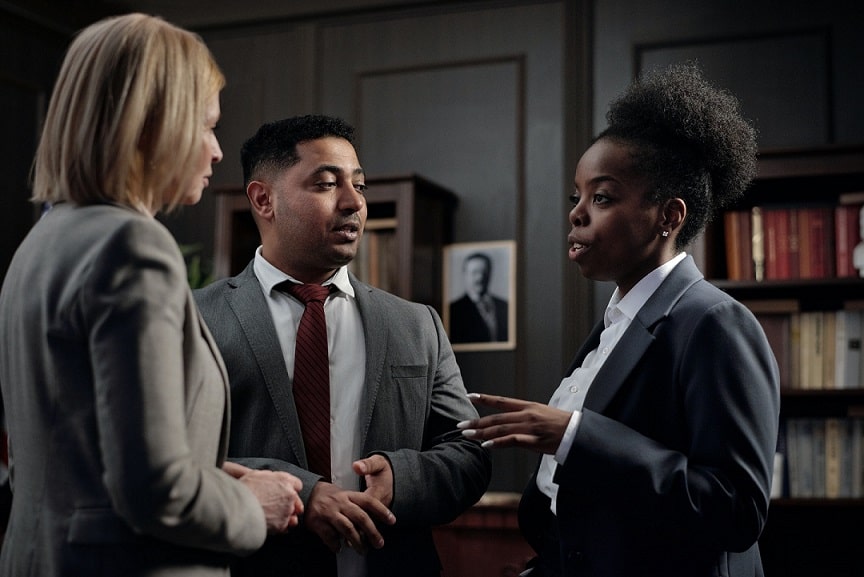 What happens if an owner of a vehicle gives his permission for someone who he knows is not insured to drive his car? Not only would he be civilly liable (which means any other injured party will be able to sue him for any injuries or damages caused), he would also be criminally liable.
What happens if an owner of a vehicle gives his permission for someone who he knows is not insured to drive his car? Not only would he be civilly liable (which means any other injured party will be able to sue him for any injuries or damages caused), he would also be criminally liable.
To what consent the owner would be liable was considered in the case of Monk V Warbey. In this case the Claimant was injured by a car being driven by an uninsured driver with the owner’s knowledge. In order to claim against the owner of the vehicle, the Claimant must show:
- That the owner caused or permitted the driving
- That the uninsured driver was impecunious (would not be wealthy enough to be sued)
This approach has been considered more recently by court of appeal on the case of Norman V Aziz. In this case the judge expressed the opinion that the previous requirement for the Defendant to be impecunious was just a passing and that when deciding these cases in the future, the wealthyness of the defendant driver is not a necessity ingredient to be able to sue the owner.
Conclusion:
A claim against an owner is quite rare now days because of the formation of the Motor Insurance Bureau (MIB) which aims to deal with claims for victims of uninsured/untraced drivers.
However, there are certain situations were the MIB will not be liable for uninsured drivers and so it is useful to have the laws and regulations set out by the Road Traffic Act 1988 and 1930.

 What happens if an owner of a vehicle gives his permission for someone who he knows is not insured to drive his car? Not only would he be civilly liable (which means any other injured party will be able to sue him for any injuries or damages caused), he would also be criminally liable.
What happens if an owner of a vehicle gives his permission for someone who he knows is not insured to drive his car? Not only would he be civilly liable (which means any other injured party will be able to sue him for any injuries or damages caused), he would also be criminally liable.









